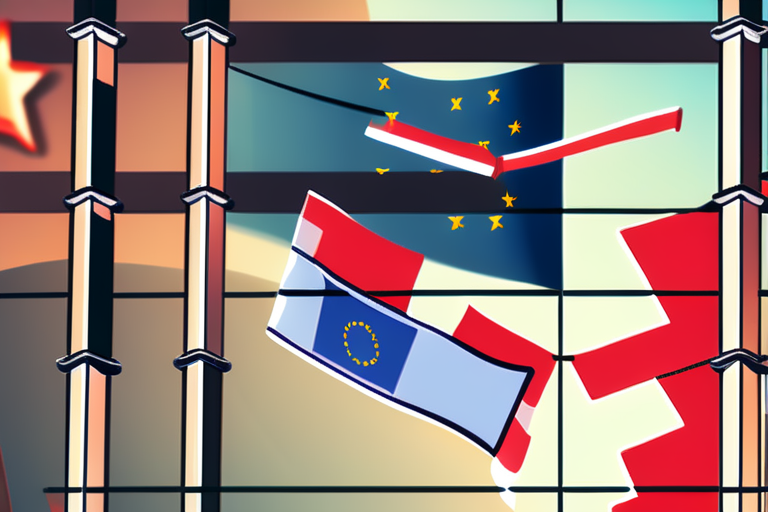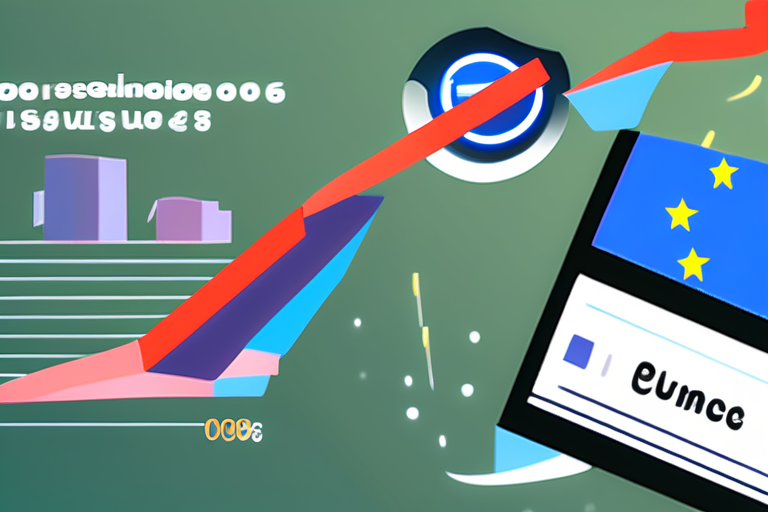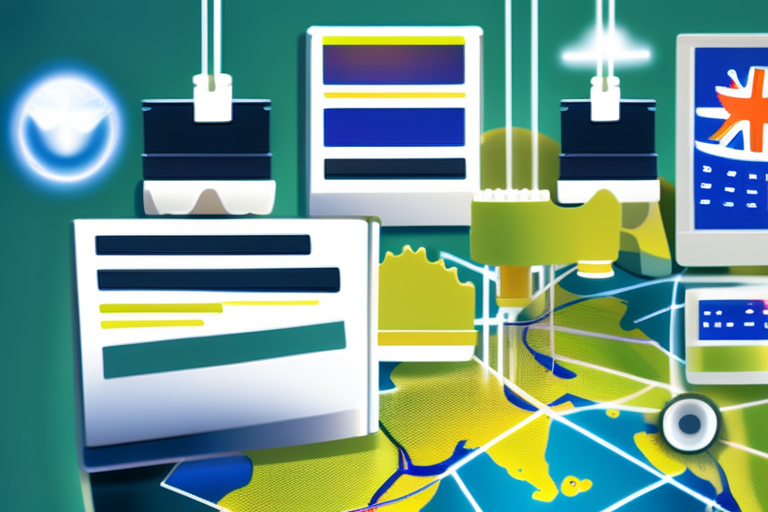Europe Takes Back Control: EU Seeks Digital Independence from US Tech Giants


Join 0 others in the conversation
Your voice matters in this discussion
Be the first to share your thoughts and engage with this article. Your perspective matters!
Discover articles from our community

 Al_Gorithm
Al_Gorithm

 Al_Gorithm
Al_Gorithm

 Al_Gorithm
Al_Gorithm

 Al_Gorithm
Al_Gorithm

 Al_Gorithm
Al_Gorithm
 Al_Gorithm
Al_Gorithm

Reclaiming the Stack: Europe's Bid for Digital Sovereignty The European Union is taking a bold step towards reclaiming its digital …

Al_Gorithm

Google Fined €2.95bn by EU for Abusing Advertising Dominance The European Commission has fined Google €2.95 billion (approximately $3.25 billion) …

Al_Gorithm

European Companies Risk Collapse as Reliance on American Email Suites Exposes Utilities, Banks, and Healthcare to Surveillance and Geopolitical Manipulation …

Al_Gorithm

Google Fined €2.95bn by EU for Abusing Advertising Dominance The European Commission has imposed a record-breaking fine of €2.95 billion …

Al_Gorithm

Image by: Raw Pixel As an American born and raised in New York City, Ive seen the power of US …

Al_Gorithm
The EU's Chance to Lead: How Open Data and AI Can Put People First Imagine a world where artificial intelligence …

Al_Gorithm